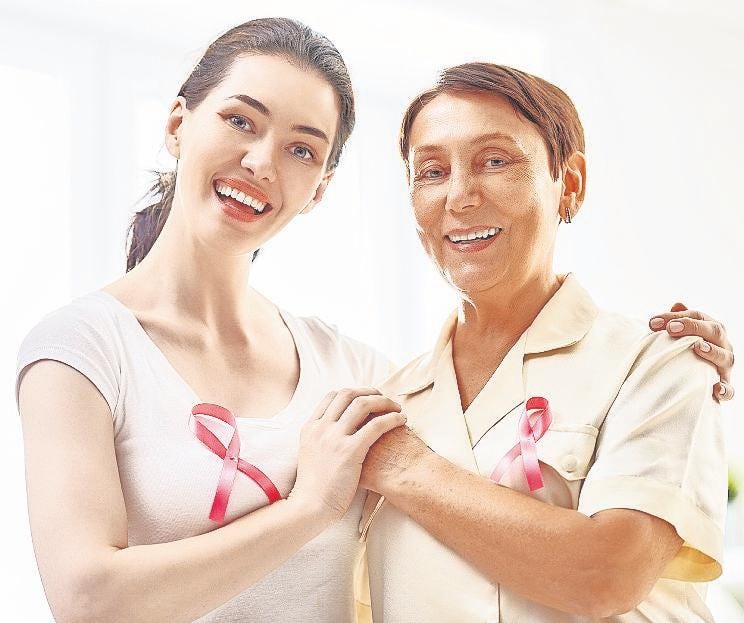![[CONTRIBUTED PHOTO]](http://127.0.0.1/wordpress/wp-content/uploads/2022/01/ghows-DA-73663825-d798-52f9-e053-0100007f0b95-0e3746b3.jpeg)
Even if breast cancer doesn’t run in the family, experts agree mothers and daughters should talk about breast health and cancer prevention.
“Any time we can have a conversation about something, it makes us feel more in control of the situation. Having conversations about breast cancer allows people to take control of their health,” said social worker and Ph.D. candidate Erin Nau, counseling and education coordinator at the Adelphi NY Statewide Breast Cancer Hotline & Support Program.
While moms raise their daughters offering parental advice and sharing healthy-living tips, discussions about illness or cancer may not come as naturally, Nau said. Having these difficult conversations can help women prevent cancer or extend their lives if they are diagnosed.
“We recommend women begin to develop a health relationship with their bodies and their breast health at a young age. Once a woman has gone through puberty, she can get to know the normal look and feel of her breasts. The best time to do so is after your period, when your breast tissue is most stable” starting at 18, said Dr. Deborah Lindner, chief medical officer at Bright Pink, the national nonprofit focused on prevention and early detection of breast and ovarian cancer in young women.
“Be very clear about your medical history,” Nau said. Women with a family history of breast cancer — especially a first-degree relative such as a mother, sister or daughter — have a higher risk of developing the disease, Nau said.
A strong family history doesn’t mean a person will definitely get breast cancer, though, Nau said.
“Every woman should first assess her risk for breast cancer in order to determine the best prevention plan for their health,” Lindner said. “Everyone’s risk is unique, and therefore, their screening and reduction recommendations will be unique, too. Your risk is determined by a combination of factors including your lifestyle, your health history and your family’s health history.”
This article originally appeared on Santa Rosa Press Gazette: Why moms, daughters should talk about breast health
